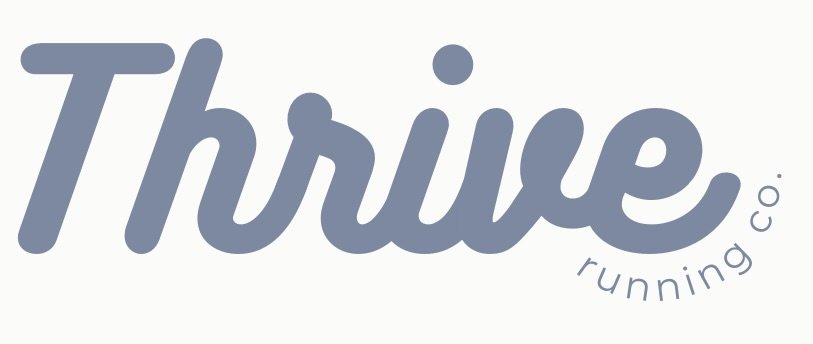Strength Training Principles For Runners
Ready to take your running to the next level? Being consistent and strategic about your strength training is crucial. By consistently incorporating strength exercises into your routine, you can significantly reduce injury risk and boost your performance. Maybe you are looking to get started with strength training to help you get past your recurrent running injuries or maybe you already are strength training but don’t feel like it’s making much of a difference on your runs. Most runners know they should be strength training, but may not know where to start or what strength training for running really looks like in our day to day lives. That’s where we come in! Whether you're a seasoned runner or just starting out, understanding the fundamental principles of strength training is key. This guide will break down the three most important principles to help you maximize your results and minimize your time in the gym.
Progressive Overload
One of the most important, yet often overlooked, principles of strength training is progressive overload. This principle involves consistently challenging, or overloading, the body's tissues to stimulate adaptation. Our muscles and connective tissues adapt based on the demand placed on them. To see hypertrophy and strength gains, we need to truly challenge our muscles during strength training sessions.
If you've been stuck doing the same workouts with the same weight for an extended period, your body has likely adapted to the challenge, and your strength may have plateaued. To continue progressing, it's essential to mix things up and progressively increase the demand during your strength training sessions. This can be achieved by increasing the load (weight), repetitions, or difficulty of exercises. For example, transitioning from a standard squat to a single-leg squat increases the challenge. Aim to progress the challenge of your strengthening exercises every 4-6 weeks to maintain momentum and avoid plateaus.
Specificity
To optimize running performance, strength training should mimic the demands of the sport. This principle of specificity ensures that our tissues adapt in ways specific to the challenges we place on them. Because running is a single-leg activity, runners should prioritize lower body, ideally single-leg, strength and stability exercises. Additionally, core strength is crucial for maintaining proper form and efficiency.
It's important to perform exercises with proper form and technique to ensure you're truly targeting the muscles that need to be strengthened. Incorporating hill work and plyometrics into your routine can further enhance your running performance. If you feel like you're constantly exercising but not seeing the desired results in your running, it may be that your training isn't specific enough to the demands of the sport.
Recovery
Recovery is often underrated but is equally important as the workout itself. While we may believe that more workouts equate to more gains, this is only true if we allow our bodies adequate time to recover and adapt. Exercise creates microdamage in our muscles, and it's during the recovery phase that our bodies repair and rebuild tissues to better handle future stress.
Continuously stressing already fatigued tissues without proper recovery can significantly increase injury risk and hinder muscle hypertrophy. The optimal amount of recovery varies for each individual but generally involves relative rest (such as walking or yoga), proper nutrition, hydration, and sufficient quality sleep. If you feel like you're constantly exercising but not seeing the progress you'd like, lack of quality recovery may be a major contributing factor.
Conclusion
By applying these three principles to your strength training routine, you'll be well on your way to becoming a stronger, faster, and more resilient runner. Remember, consistency is key. Even short, effective workouts can make a significant difference.
Need personalized guidance? Check out our pre-designed strength training programs or schedule a one-on-one coaching consultation. We're here to help you reach your running goals!
